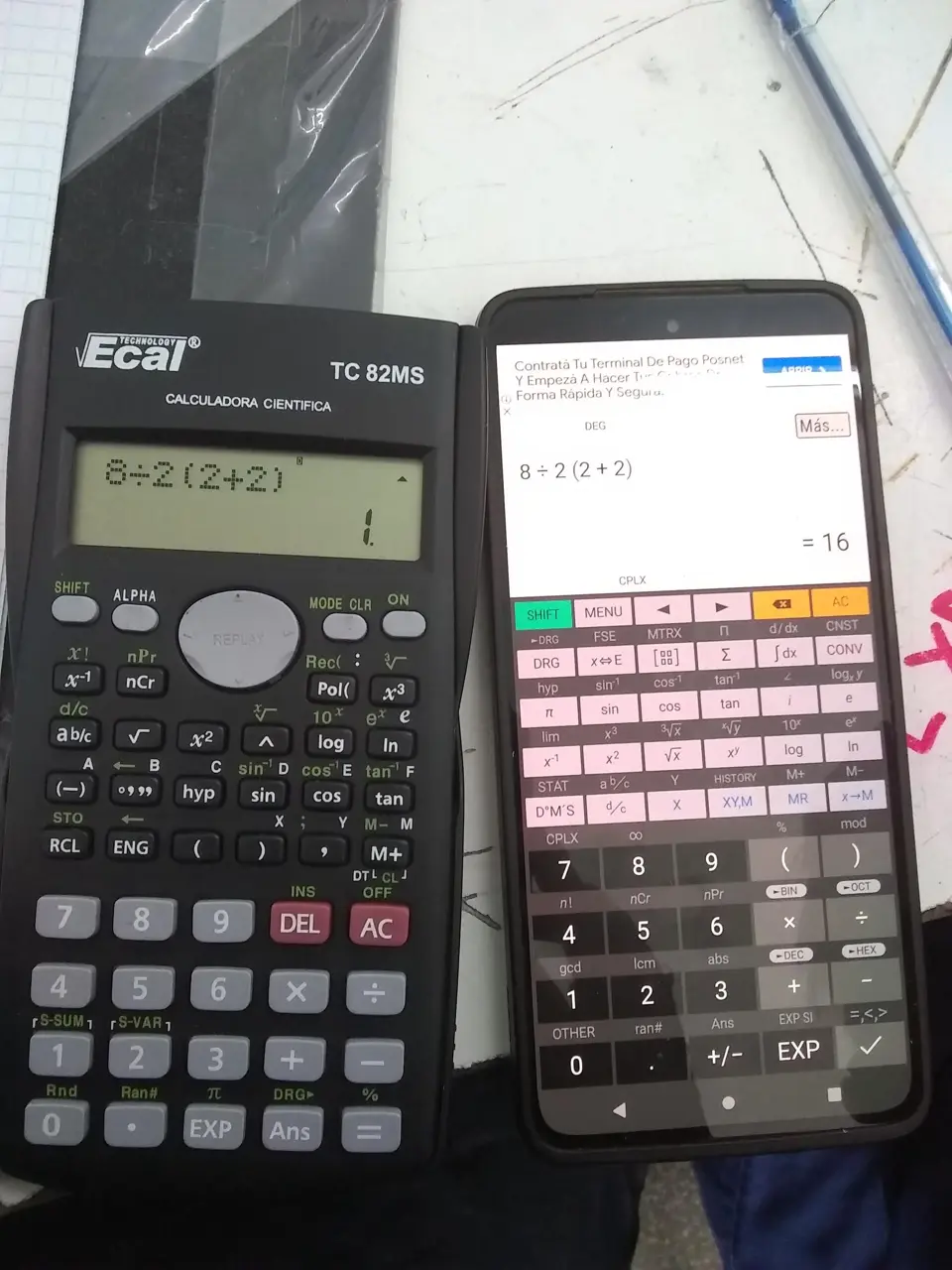this post was submitted on 03 Dec 2023
416 points (100.0% liked)
196
16458 readers
1 users here now
Be sure to follow the rule before you head out.
Rule: You must post before you leave.
founded 1 year ago
MODERATORS
you are viewing a single comment's thread
view the rest of the comments
view the rest of the comments

You have given nothing of that sort. You provided a statement about a completely orthogonal topic instead. "Prove that the sky is blue" -- "Here, grass is green" -- "That doesn't answer the question" -- "Nu-uh it does!". That's you. That "Nu-uh".
"Inverting a fraction" is not a functional inverse. You're getting led astray by terminology, those two uses of the word "invert" have nothing to do with each other, it's a case of English having bad terminology (in German we use different terms so the confusion doesn't even begin to apply).
Go read that wikipedia article I linked. Can you even read it. Do you have the necessary mathematical literacy.
Do you want to tell me that fractions don't take two numbers? That two numbers applied to division don't form a term?
Inverse. I read elsewhere that you're a math teacher and this is just such a perfect example of what's wrong with math ed: Teachers don't even know the fucking terminology. You don't know maths. You know a couple of procedural rules you shove into kids, rules that have to be un-taught in university because nothing of it has anything to do with actual maths.
There's no such thing anywhere but in the US. Those rules are a figment of the imagination of the US education system.
You are up to your scalp in the Dunning-Kruger effect. Two possibilities: You quadruple down and become increasingly bitter, or you find yourself an authority that you trust, e.g. a university professor, and ask them in person. Ask a Fields Medalist if you can get hold of one. You think you know more about this than me. Motherfucker you do not, but I also acknowledge that I'm just some random guy on the internet to you.
If you want to continue this, I have one condition: Explain, in your own words, the difference between syntax and semantics. If you have done that, done that homework, I'm willing to resume your education. Otherwise, take the given advice and get lost I've got better things to do than to argue with puerile windbags.
Now you're getting it! Correct, they don't. They form an expression. Terms are separated by operators, and joined by grouping symbols. Expressions are made up of terms and operators (since, you know, operators separate terms). I told you way back in the beginning that 1÷2 is 2 terms, and ½ is 1 term. Getting back to the original question, 2(2+2) is 1 term and 2x(2+2) is 2 terms.
Which time that I mentioned textbooks, historical Maths documents, and proofs did you miss?
University professors don't teach order of operations - high school teachers do. That's like saying "Ask the English teacher about Maths".
Why would I want to when you ignore Maths textbooks and proofs? See my first comment in this post that you've finally got the difference now. See ya.
Terms, expressions, symbols, all those are terms about syntax. Not semantics. Do you start to notice something?
To learn. I challenge you again to explain the difference between syntax and semantics. Last chance.